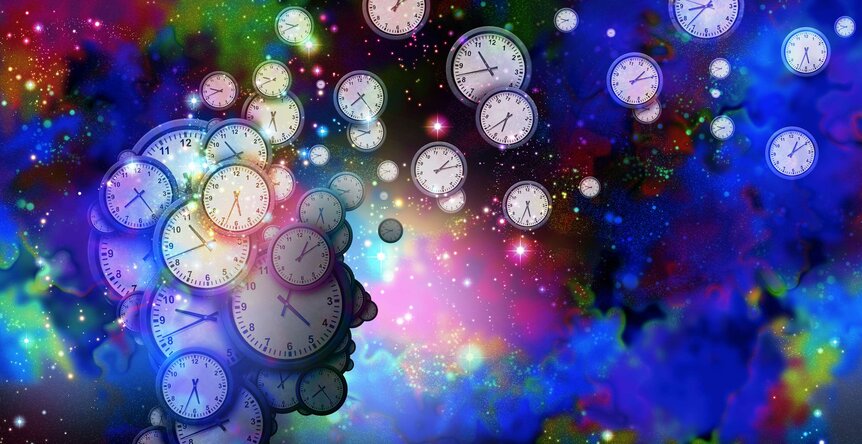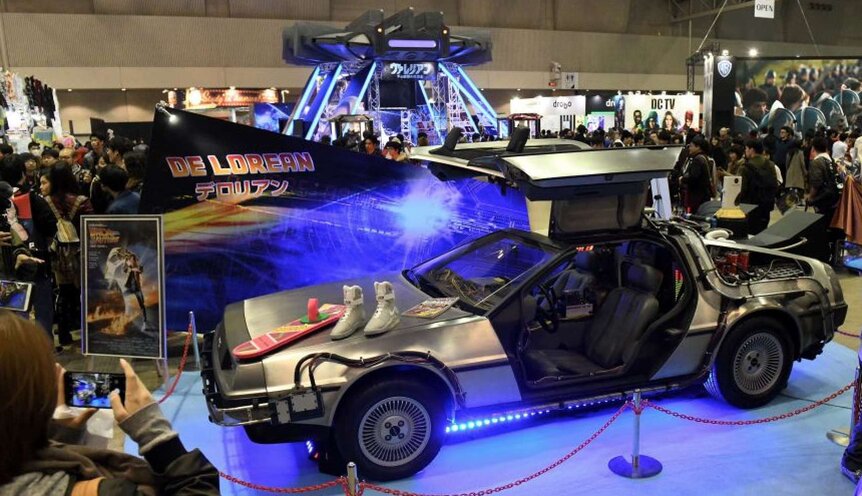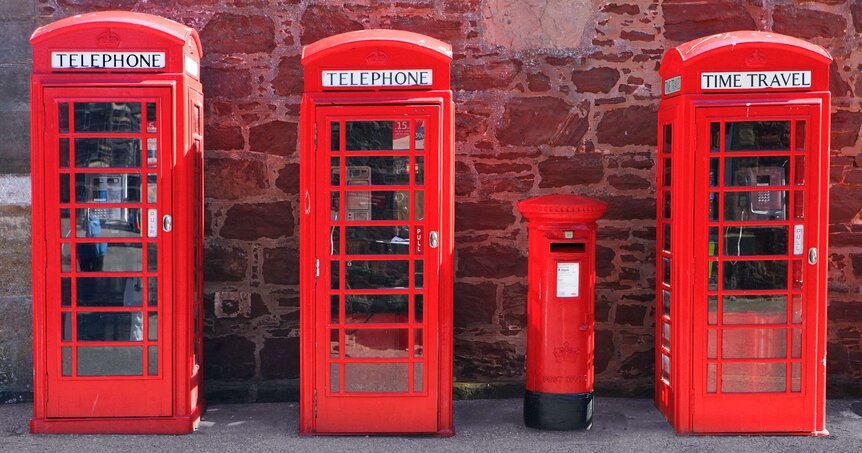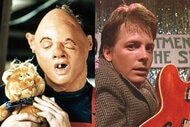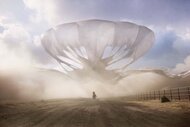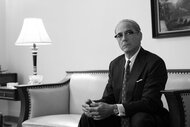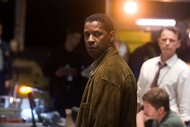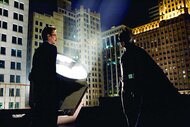Create a free profile to get unlimited access to exclusive videos, sweepstakes, and more!
Time travel without pesky cause-and-effect paradoxes may be possible, according to new study
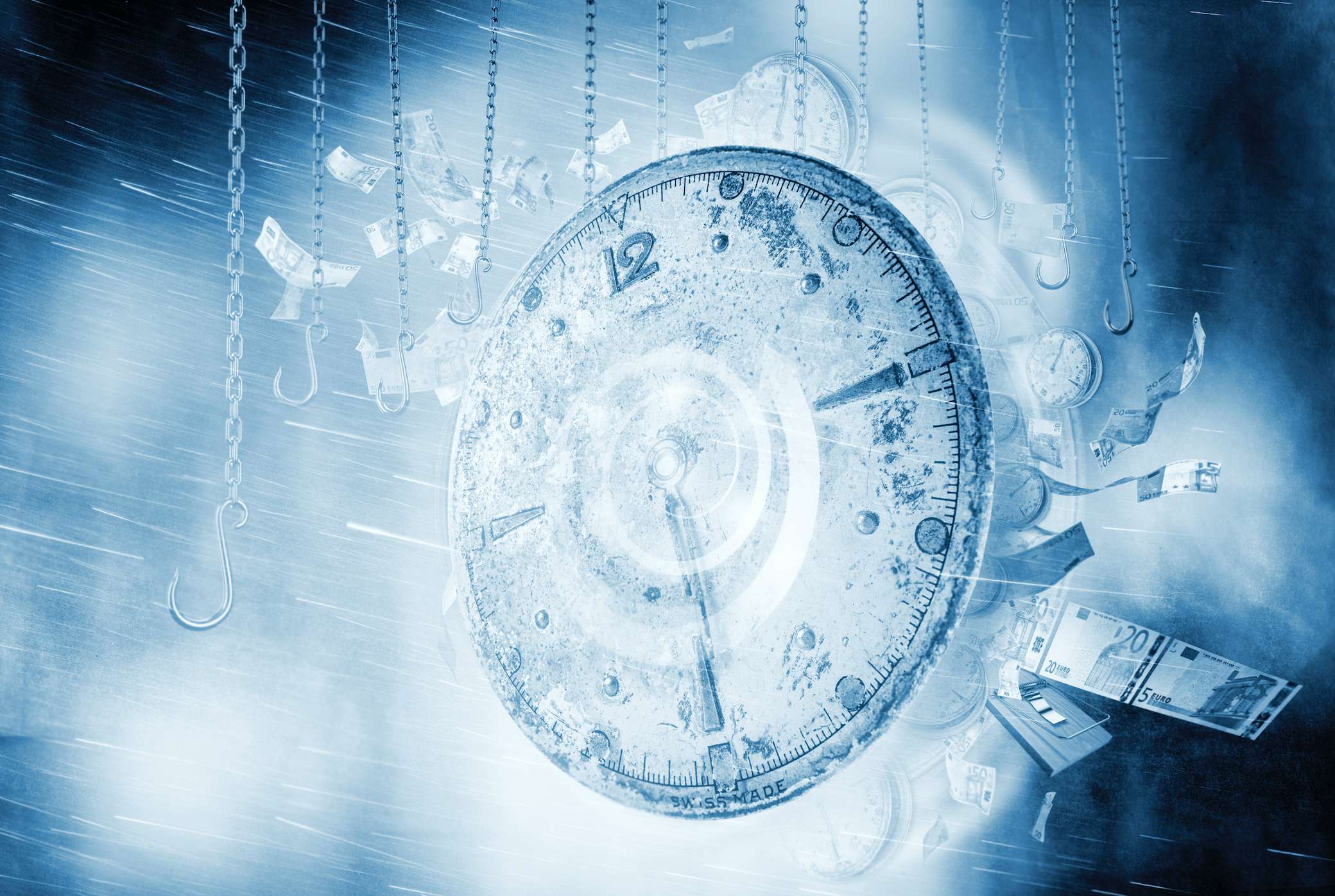
The murky principles of time and time travel are a slippery slope with a surplus of paradoxes, loopholes, and anomalies — enough to make one's mind burst from the efforts of understanding. They are probably best defined by Doctor Who's 10th Doctor, David Tennant, who describes the infinite complexities of time as a "big ball of wibbly-wobbly, timey-wimey stuff."
But notwithstanding films like The Terminator or Back to the Future, a more linear and flexible approach to temporal excursions just might be possible, as proposed by a team of scientists at Australia's University of Queensland, who believe that all those problematic cause-and-effect paradoxes might be avoidable after all.
According to a new study published in the online journal Classical and Quantum Gravity, the researchers theorized that the concept of time travel with free will is logically possible in our universe without any disruptive Butterfly Effect-type paradox.
“Classical dynamics says if you know the state of a system at a particular time, this can tell us the entire history of the system,” explained Germain Tobar, a student in the School of Mathematics and Physics at the University of Queensland. “This has a wide range of applications, from allowing us to send rockets to other planets and modeling how fluids flow.
“For example, if I know the current position and velocity of an object falling under the force of gravity, I can calculate where it will be at any time. However, Einstein’s theory of general relativity predicts the existence of time loops or time travel — where an event can be both in the past and future of itself — theoretically turning the study of dynamics on its head.”
Crafting a unified theory that could unite traditional dynamics with Einstein’s theory of relativity is something scientists have been striving for throughout the past century.
“But the current science says both theories cannot both be true,” Tobar added. “As physicists, we want to understand the Universe’s most basic, underlying laws and for years I’ve puzzled on how the science of dynamics can square with Einstein’s predictions. I wondered: Is time travel mathematically possible?”
Tobar and his time-tempted associate, Dr. Fabio Costa of the Centre for Engineered Quantum Systems in the School of Mathematics and Physics at the University of Queensland, deciphered a method by which to "square the numbers," and their mind-warping formulas could have profound repercussions in the scientific community.
“The maths checks out — and the results are the stuff of science fiction,” Dr. Costa said. “Say you traveled in time, in an attempt to stop COVID-19’s patient zero from being exposed to the virus. However, if you stopped that individual from becoming infected — that would eliminate the motivation for you to go back and stop the pandemic in the first place.
“This is a paradox — an inconsistency that often leads people to think that time travel cannot occur in our Universe. Some physicists say it is possible, but logically it’s hard to accept because that would affect our freedom to make any arbitrary action. It would mean you can time travel, but you cannot do anything that would cause a paradox to occur.”
Tobar and Costa's work in closed time-like curves (CTCs) demonstrates theoretically that neither of these conditions needs to be the case.
As the math shows, it is possible for events to automatically adjust themselves to be logically aligned with certain actions that the time traveler establishes, providing a spectrum of scenarios whereby multiple observers can communicate without causative order in a classical framework.
Is this the stuff of wild sci-fi fare or a new causal reality? Only time will tell.
